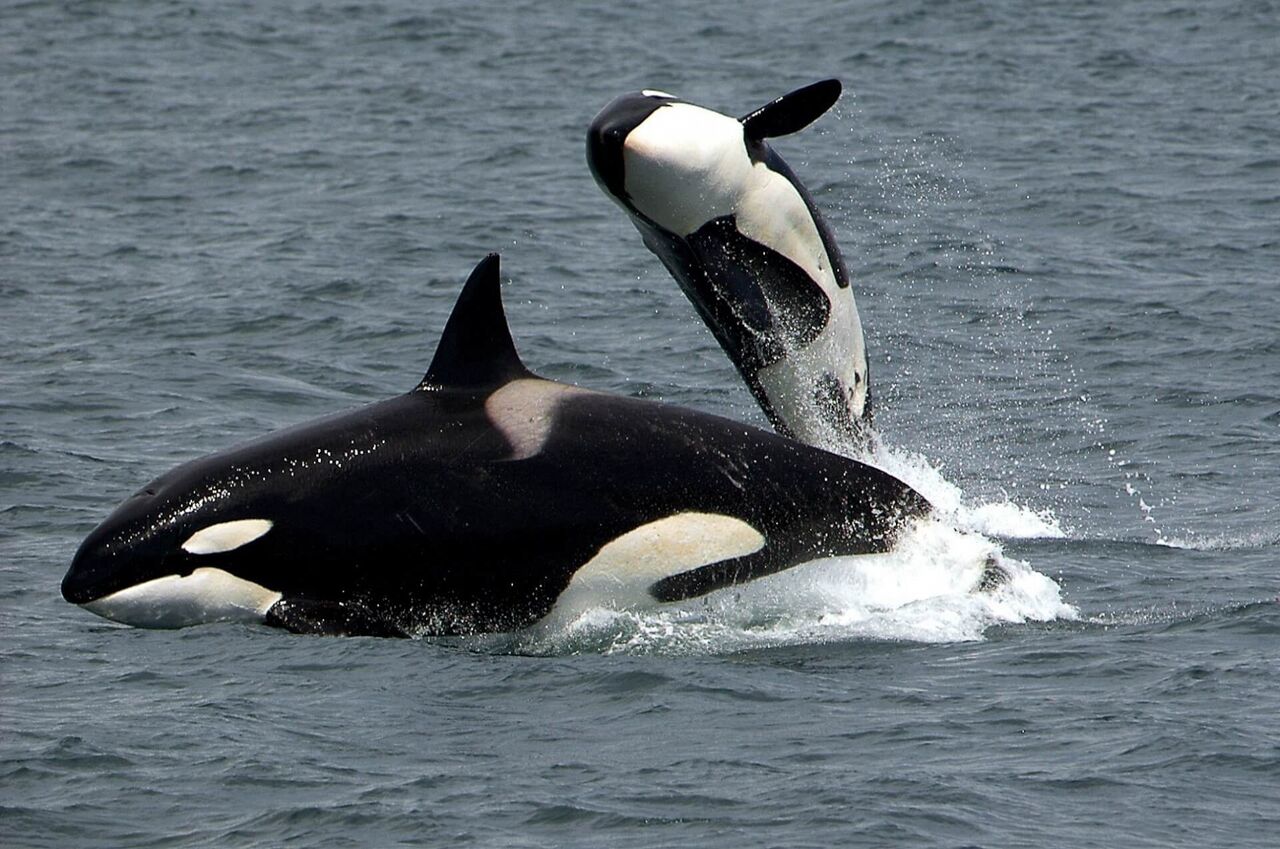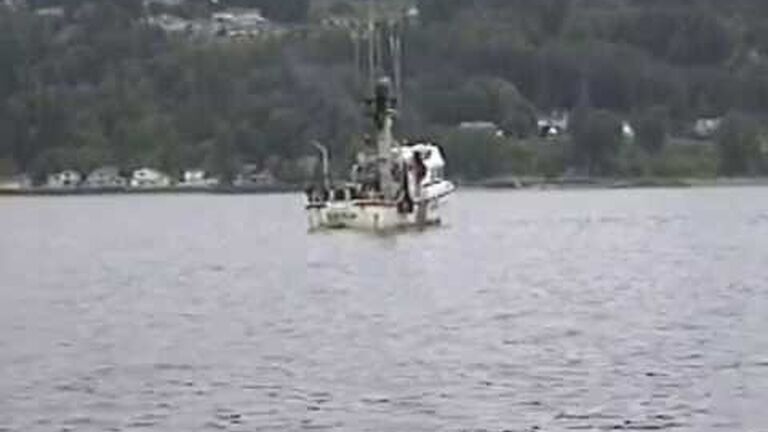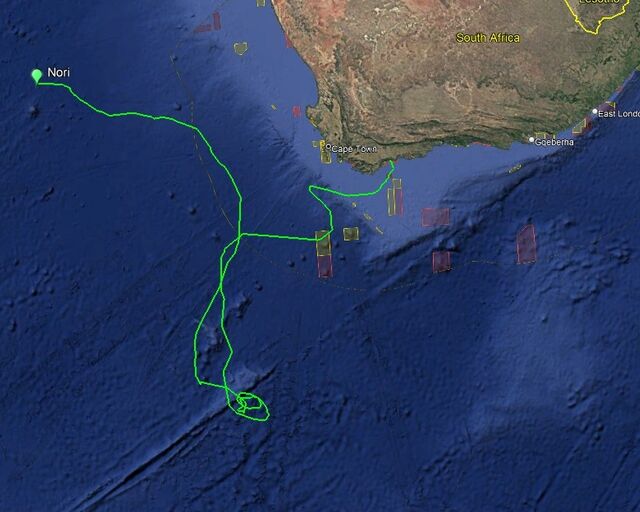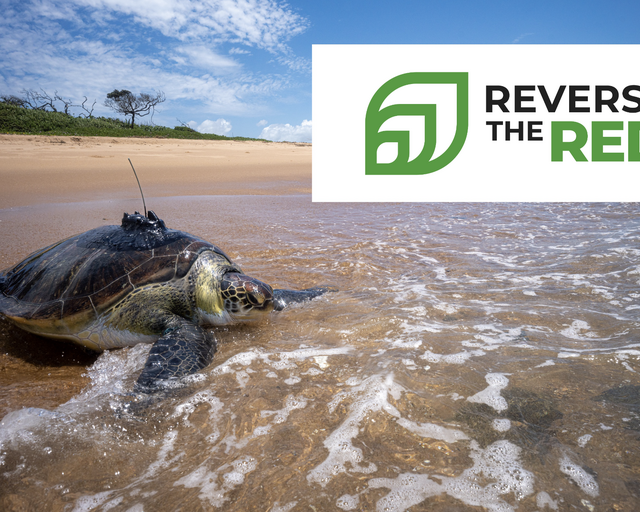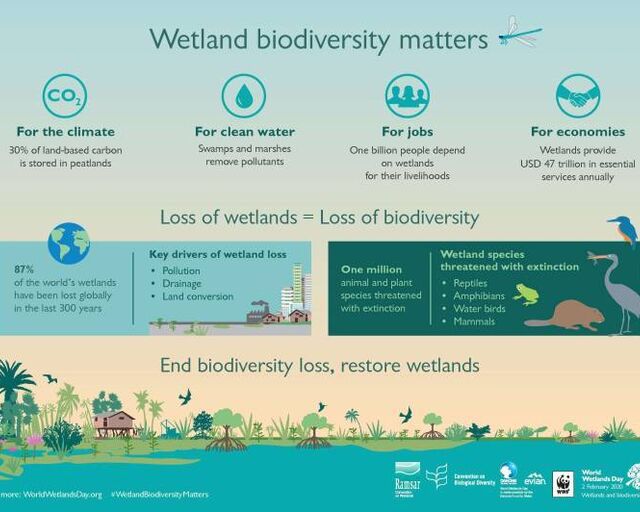Many parents have had to jump in and ensure that their little ones (and the bigger ones) don’t fall behind with their school work during the COVID-19 pandemic.

Parents have had to get those creative juices flowing and educate the kids and keep them entertained, at the same time. And so many parents have already spoken up on social media, thanking teachers for what they do every day, having never realised before how essential, and trying, the teaching of the young is.
Remember - take the Marine Masterminds quiz at the end of this blog to add your name to the leaderboard. You could be a winner!
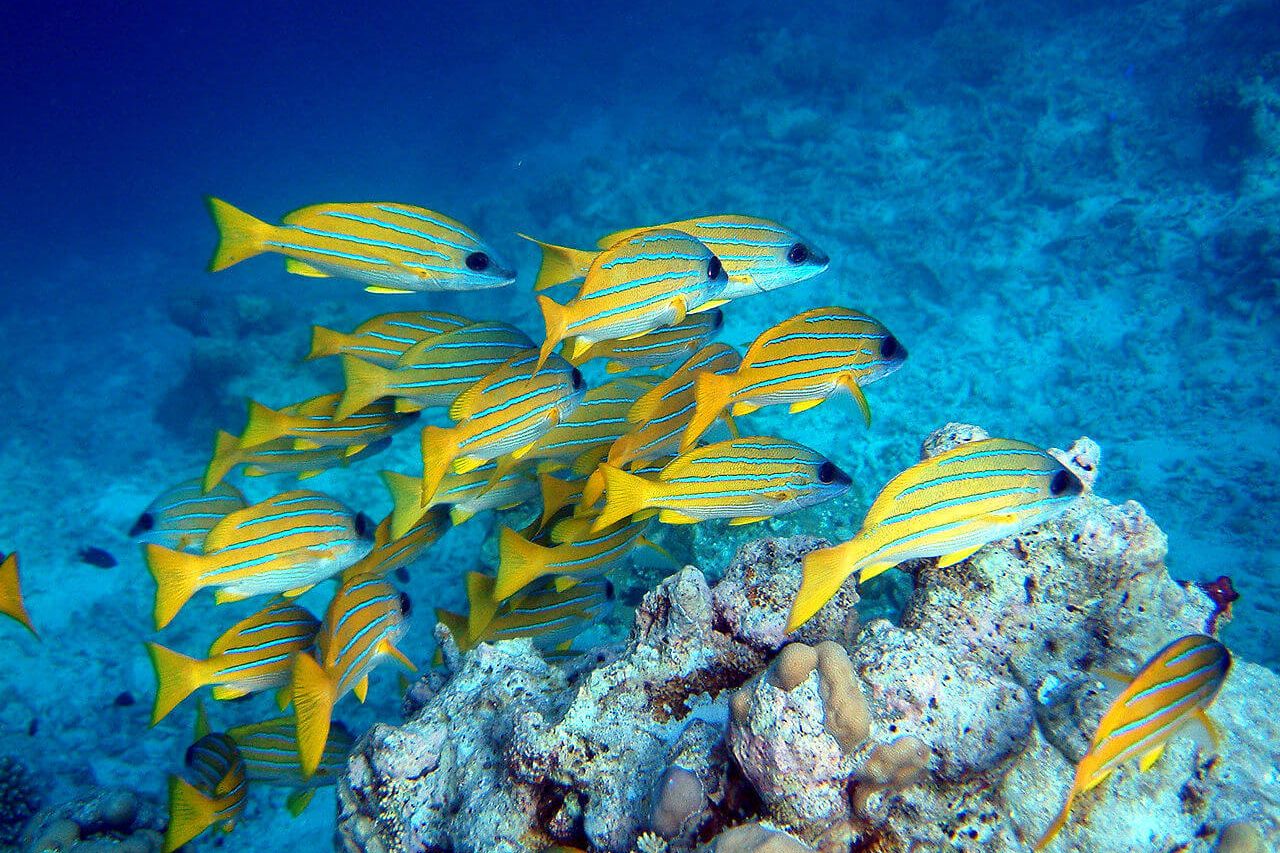
Orcas and clan learning
One of the first examples that jumps to mind is that of the complex community and family units of orcas (killer whales). These mammals live in tightly knit family pods and share community (clan) and family behaviours that they learn from one another. The leader of the pod, an older female, demonstrates specific behaviours to the younger animals in the pod. Scientists believe that behaviours like how and what they eat, what they do for fun, and even their choices of mates are all shaped by the “culture” within the pod. And no two pods are the same. Their communication and vocalisations differ and are distinct. Simply put, even though they belong to the same species, with smaller family units living within larger communities, they depend on one another to “learn” how to communicate (including pod-specific dialects), and behave within the pod and clan. Sounds a lot like humans!
Sicklebacks and observational learning
Fish can learn through observational learning, also known as cultural transmission or social learning. Many fish species will make selections based on what other fish are doing. When observing ninespine stickleback fish (the actual name of a fish, not a rock band), scientists realised that these fish would make some of their own observations before selecting a feeding spot. The fish would watch two food patches for a while before deciding which one to visit. The one they chose would be the one where more fish had already foraged. Studies have also shown that hatchery-raised salmon can quickly learn to accept live prey by just watching a salmon that has already mastered this skill.
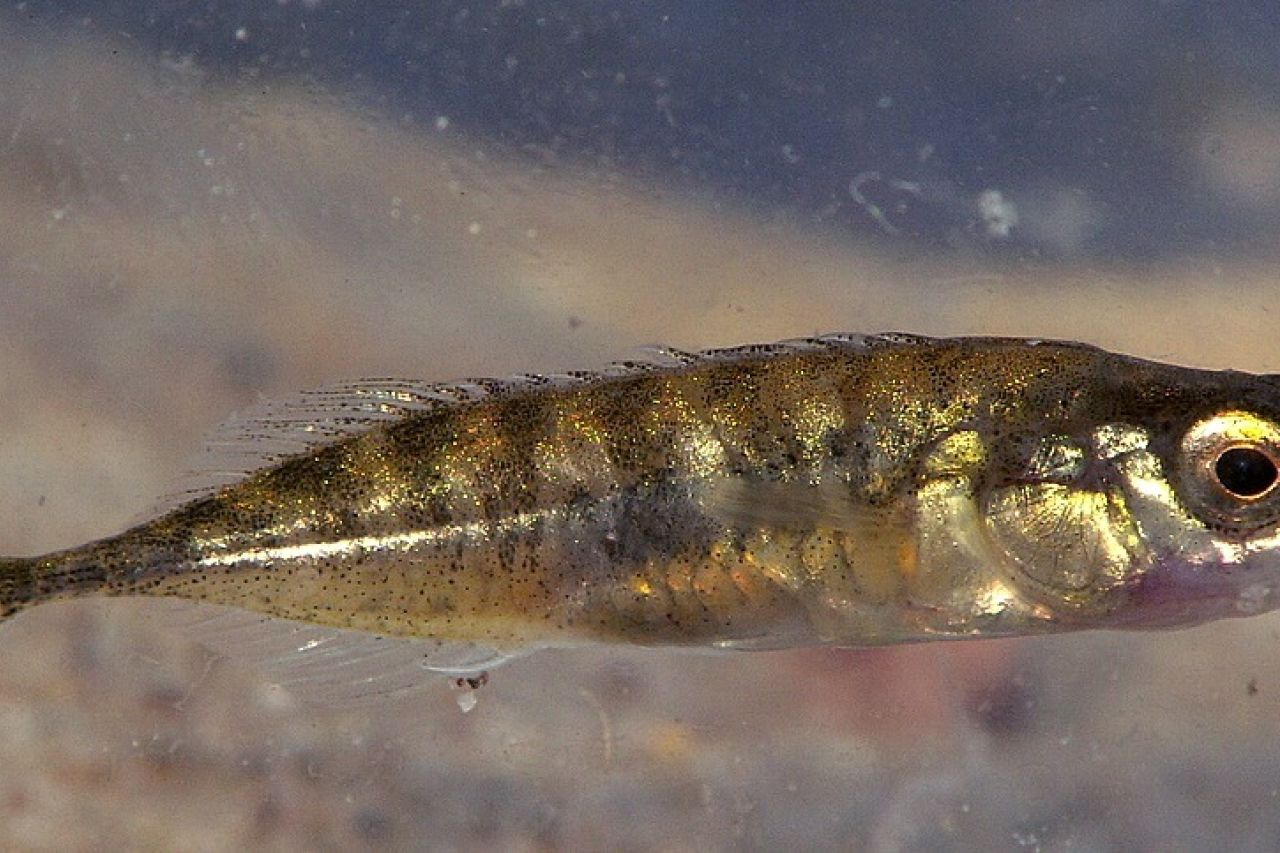
Seagulls and inter-species learning
Then there are seagulls. They learn from a completely different source – us. We all know the drill. You go out to enjoy a nice time on the beach or other public space next the ocean, and within minutes of bringing out the picnic or any other food, there they are - the seagulls. It turns out that these birds have learnt from us. They have learnt that we like to consume food while out in their territory. A study showed that gulls are more likely to be interested in food that has been handled by a person than something that hasn’t. The study has also suggested that seagulls now associate plastic wrapping with possible food and that the birds are more likely to be interested in food that has been dropped or put down by a person. This means that the seagulls associate areas where people eat, with an easy meal for themselves.
Homeschooling in the marine environment might not look exactly like we would think of it, but there are definitely some instances where learning and teaching are taking place. Whether it is an orca matriarch teaching her pod an effective way to hunt, fish observing their peers to determine the best place to eat, or humans teaching seagulls, (maybe not actively), that food comes in plastic and that we are the source of a quick meal – learning is taking place all the time.
If you are a parent currently struggling to keep the kids entertained and educated, or you are just bored and want to learn something fun - we've collected our favourite blogs of the last 10 years to answer all your burning ocean question! Are penguins better than humans? Do fish fart? Did sharks eat dinosaurs? Only one way to find out.
Ready for a quiz?
Simply answer six quick questions about the blog you just read and join the Marine Masterminds leaderboard. Climb the leaderboard and you could win amazing prizes - Two Oceans Aquarium annual memberships, Penguin Experiences and day tickets are all up for grabs. Good luck!
